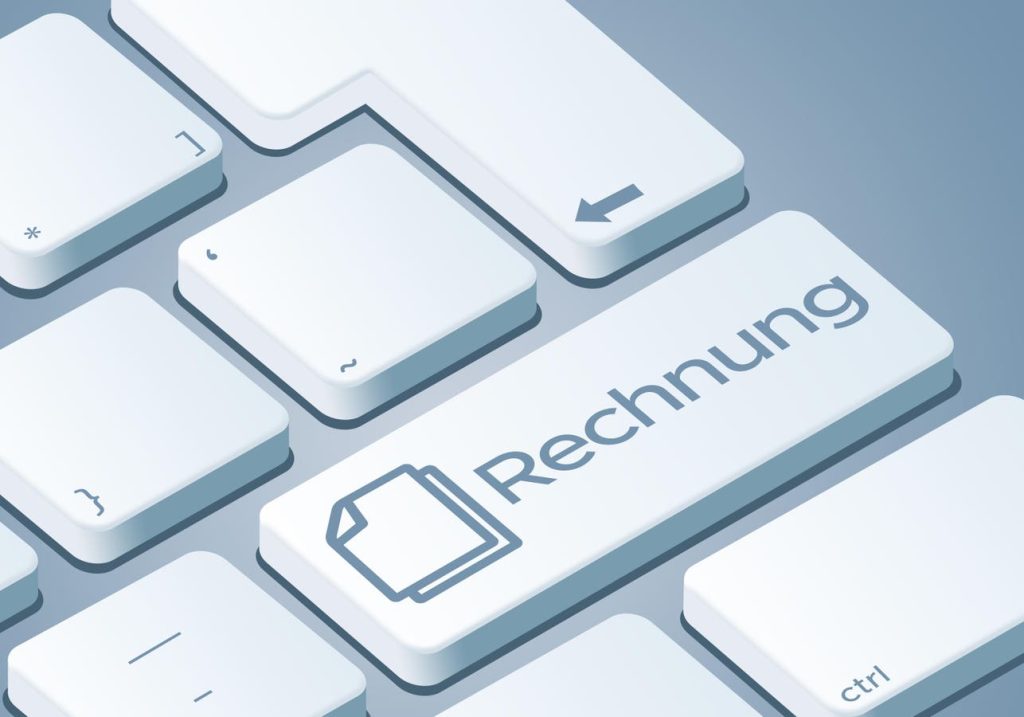Germany’s journey towards mandatory e-invoicing commences on January 1, 2025, marking a significant shift in business transactions. Phase One of the implementation focuses on the receiving end, requiring businesses engaged in domestic B2B transactions to be capable of receiving structured electronic invoices adhering to the EU standard EN 16931. While seemingly straightforward, the German mandate presents several nuances that differentiate it from existing systems in other EU nations like Italy and Romania, as well as upcoming implementations in France and Poland. Understanding these subtleties is crucial for businesses to ensure seamless compliance and avoid potential pitfalls. One key aspect is the distinction between EN 16931 compliance and adherence to German VAT law. An invoice can meet the EU standard yet still fall short of specific German requirements, highlighting the need for a thorough understanding of domestic regulations.
Several common misconceptions surround the German e-invoicing mandate, often leading to confusion among businesses. One such misconception is the belief that specialized software is necessary for receiving structured e-invoices. In reality, a simple email address suffices for this initial phase. Another misunderstanding pertains to VAT-exempt small businesses. Despite their exemption from tax collection, these businesses are still obligated to comply with the e-invoicing mandate for relevant transactions. Additionally, even with agreements for XML invoices, businesses might still receive PDF documents, particularly if the supplier utilizes the hybrid ZUGFeRD format. These nuances underscore the importance of meticulous preparation and a clear grasp of the specific requirements of the German mandate.
The scope of Germany’s e-invoicing mandate encompasses invoices for taxable supplies of goods and services between businesses established within Germany. It excludes transactions involving exempt supplies like financial services, healthcare, and education, as well as invoices for amounts below €250 and tickets. Interestingly, the mandate also extends to shipments outside the EU or to other EU Member States, provided the recipient is a German-based business. Furthermore, businesses established outside Germany but with a fixed establishment within the country, such as a warehouse or branch office with dedicated personnel and resources, are also subject to the e-invoicing regulations for transactions involving that establishment. This emphasizes the broad reach of the mandate and the need for businesses, both domestic and international, to assess their obligations.
Regarding e-invoice formats, Germany offers flexibility during the initial phases. Businesses can choose from paper invoices, structured electronic formats complying with EN 16931, or alternative electronic formats like PDF and JPG. However, the use of alternative formats is contingent on the recipient’s consent, which can be explicit or implied through consistent practice. While EN 16931 compatibility is a key requirement, it doesn’t automatically guarantee compliance with German VAT law. For instance, the EU standard allows for minimal address details, while German regulations demand more comprehensive information. Commonly used EN 16931-compatible formats in Germany include ZUGFeRD, a hybrid format combining a human-readable PDF with an embedded XML file, and XRechnung, an XML-only format primarily used for transactions with public authorities. The mandate is also open to foreign formats like the French Factur-X and Peppol-BIS Billing, further demonstrating its flexibility.
Germany adopts a similarly flexible approach to e-invoice transmission, allowing businesses to choose the method best suited to their needs. Acceptable methods include email, electronic interfaces, shared drives, and download portals. The Finance Ministry has clarified that a standard email inbox is sufficient for receiving e-invoices, eliminating the need for specialized software or dedicated inboxes. While this offers initial simplicity, businesses should consider the long-term limitations of email, such as security risks and scalability issues. While direct reporting of invoice data to tax authorities is not currently mandatory, it is anticipated in the future. This future reporting system is likely to introduce more specific requirements for transmission channels, potentially restricting the current flexibility.
Looking ahead, the full implementation of Germany’s e-invoicing mandate will unfold in stages. From 2027, businesses with an annual turnover exceeding €800,000 will be obligated to issue electronic invoices. By 2028, this obligation will extend to all businesses in Germany. This phased approach offers an opportunity for businesses to adapt their processes and systems gradually. Given the anticipated release of a new version of the EN 16931 standard in 2025, specifically focusing on B2B invoicing, businesses might benefit from awaiting this update before fully implementing their e-invoicing systems. This strategic approach could ensure compliance with the latest standards and minimize the need for future adjustments. Overall, understanding the nuances of the German e-invoicing mandate, from format requirements to transmission methods, is crucial for a smooth transition and continued compliance.

